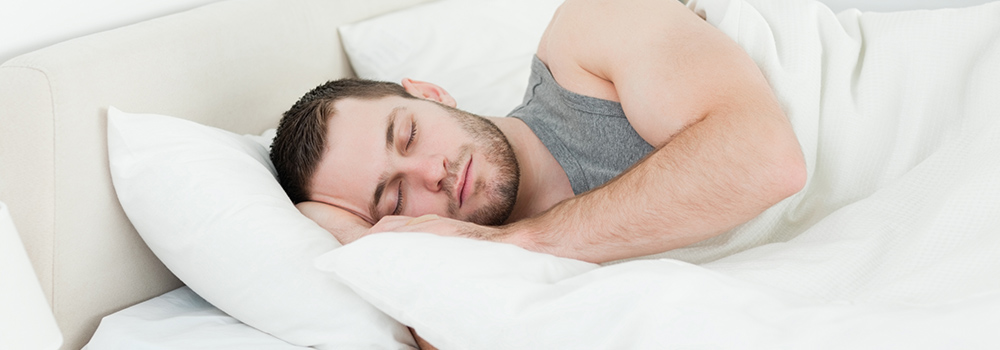Getting enough quality sleep is one of the most important lifestyle changes you can make when recovering from addiction. Studies have shown that lack of sleep significantly increases your risk for mental health issues such as major depression, anxiety disorders, and ADHD, all of which increase your addiction risk. Quality sleep is essential for your physical, mental, and emotional health. Unfortunately, insomnia is a common issue early in recovery and that can slow your progress. If you haven’t been sleeping well, here are some things to try.
Talk to your therapist.
First, talk to your therapist about your insomnia. There could be some specific issue that’s keeping you up such as some particular worry or regret. If not, there are cognitive behavioral therapy methods specifically designed to help you sleep better. For example, many people have distorted thoughts about sleep and a therapist can help you sort those out without needing sleeping pills.
Keep a regular sleep schedule.
Sleep is a physiologically complex process. Think of how you feel when someone asks you to change plans on short notice and that’s how your body feels every time you go to bed or get up at a different time. Having a regular bedtime and wake-up time allows your body to get into a rhythm and waste less time getting into sleep mode or wake-up mode. Try to go to bed and get up at the same times, even on the weekends.
Exercise during the day.
Exercise has many benefits for your mental and physical health, including helping you sleep better. Studies show that exercising during the day helps you fall asleep more quickly and improves the quality of your sleep. There are likely several reasons for this. Exercise reduces anxiety, improves your mood, raises your body temperature, and wears you out a bit. Just don’t exercise too close to bedtime, because it may make it harder to sleep.
Cut back on caffeine.
Caffeine in moderate amounts is fine for most people but everyone has a different sensitivity to caffeine. It also has a half life of between four and six hours, so if you have a cup of coffee in the afternoon, more than a quarter of that caffeine may still be in your system by the time you go to bed. Since caffeine blocks adenosine receptors in your brain, you may have trouble falling asleep even if you’re tired.
Practice good sleep hygiene.
Finally, practice good sleep hygiene by creating the best possible environment for sleep. Keep your room as dark and quiet as possible. Ideally, the temperature should be just below 70 degrees. Don’t lie in bed watching TV or looking at your phone. You want a strong association between getting into bed and falling asleep.
A strong recovery requires making many healthy lifestyle changes, including getting plenty of restful sleep. A quality residential treatment program gives you structure, making it easier to form healthy habits. At Tree House Recovery of Portland, Oregon, we help men build a healthier life, free from drugs and alcohol. Call us at (503) 850-2474 to learn more about our addiction treatment program.




